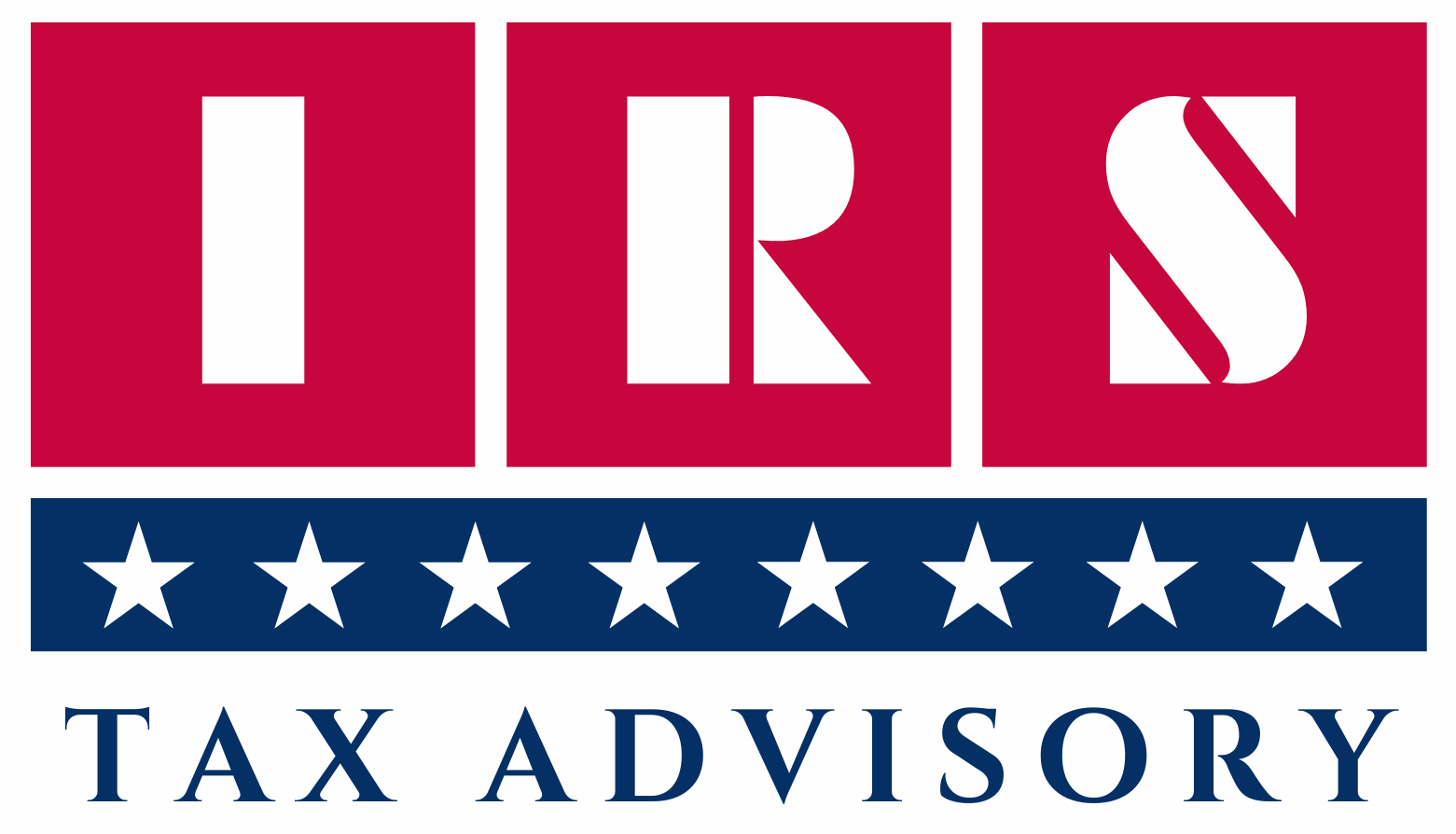Private Equity vs Hedge Fund: Top differences Discussed In 2025
Table of Contents
Private Equity vs Hedge Fund: The Detailed Comparison
Here is the step by step detailed comparison of Private Equity vs Hedge Fund. So, without getting delayed, let’s begin.

1. Definition
Private Equity
Private Equity refers to investment funds that buy ownership stakes in private companies or take public companies private. These funds raise large pools of capital from institutional investors and deploy it to acquire, restructure, or scale businesses, often with the goal of selling them at a higher value. The capital is usually locked for a fixed long-term period.
Hedge Fund
A Hedge Fund is a pooled investment vehicle that invests primarily in liquid, market-traded securities and derivatives. It aims to produce high returns regardless of market direction, often using leverage, short-selling, arbitrage, and complex strategies. Hedge funds are flexible in asset allocation and are actively managed with a focus on absolute returns.
2. Investment Strategy
Private Equity
PE firms generally use a buy-to-transform strategy. They target undervalued or underperforming companies, inject capital, implement operational improvements, replace management if needed, and guide strategic decisions to increase enterprise value. Common strategies include:
- Leveraged Buyouts (LBOs) – A Leveraged Buyout (LBO) is the acquisition of a company using a significant amount of borrowed money, with the target company’s assets and cash flows used to secure and repay the debt. It allows buyers, typically private equity firms, to make large purchases with minimal equity investment.
- Growth Equity – Growth Equity is a type of private equity investment in mature, growing companies that need capital to expand operations, enter new markets, or fund acquisitions—without giving up control or undergoing a full buyout.
- Distressed Investments – Distressed Investments involve buying the debt or equity of financially troubled companies—often at a deep discount—with the goal of profiting from a turnaround, restructuring, or liquidation.
- Venture Capital – Venture Capital (VC) is a type of private equity investment in early-stage, high-growth startups with strong potential, in exchange for equity ownership and a role in company development.
Hedge Fund
Hedge Funds employ market-driven strategies that are typically not involved in managing or controlling businesses. Instead, they profit from short-term price movements, inefficiencies, and global macroeconomic trends. Popular hedge fund strategies include:
- Long/Short Equity – Long/Short Equity is a hedge fund strategy that involves buying undervalued stocks (long) and selling overvalued stocks (short) to profit from both rising and falling prices while reducing market risk.
- Global Macro – Global Macro is a hedge fund strategy that aims to profit from large-scale economic and geopolitical trends by trading currencies, interest rates, commodities, and equities across global markets.
- Event-Driven (mergers, spin-offs) – Event-Driven is a hedge fund strategy that seeks to profit from corporate events like mergers, acquisitions, spin-offs, or bankruptcies by analyzing how these events affect a company’s stock price.
- Arbitrage (statistical, convertible) – Arbitrage is a hedge fund strategy that exploits price differences between related securities—such as in statistical arbitrage (using data patterns) or convertible arbitrage (trading convertible bonds and stocks)—to earn risk-adjusted profits.
- Quantitative Trading – Quantitative Trading uses computer algorithms and mathematical models to identify and execute trades based on data patterns and statistical analysis.
3. Investment Horizon
Private Equity
Investors in PE funds are expected to commit capital for 5 to 10 years, with no access to early withdrawals. This long-term horizon aligns with the time needed to execute value-creation strategies and complete profitable exits.
Hedge Fund
Hedge funds usually allow quarterly or annual redemptions after an initial lock-up period, making them relatively more liquid. Investors can reallocate capital faster, although some funds impose “gates” during volatile markets.
4. Capital Commitment & Liquidity
Private Equity
Investors make capital commitments, but the PE firm draws down that capital in tranches as deals arise. Liquidity is low—investors can only exit after the fund’s life cycle ends or via secondary sales.
Hedge Fund
Investors contribute full capital upfront, and while hedge funds often offer periodic liquidity (e.g., quarterly), they may impose lock-up periods, withdrawal fees, or gates to manage redemptions and preserve capital stability.
5. Risk and Return
Private Equity
PE investments are inherently illiquid and high-risk, as they rely on long-term business performance and market conditions at the time of exit. However, they also offer potentially higher returns—especially when firms successfully grow or turn around portfolio companies.
Hedge Fund
Hedge Funds carry market risk, strategy risk, and sometimes leverage risk, but many aim to reduce volatility and deliver consistent returns regardless of market trends. Returns can vary widely based on the manager’s skill and strategy.
6. Regulation
Private Equity
PE funds operate under less stringent public reporting requirements but must comply with SEC private fund rules and limited disclosure obligations. They are not required to register like mutual funds due to investor qualifications and long-term focus.
Hedge Fund
Due to their active market participation, hedge funds are increasingly subject to regulatory oversight, including registration under the Investment Advisers Act, periodic reporting (Form PF), and compliance requirements if assets under management exceed thresholds.
7. Manager Involvement
Private Equity
PE managers play a direct role in managing portfolio companies, often holding board seats and shaping major decisions. They may introduce new leadership, streamline operations, or pursue strategic acquisitions, making them active participants in business transformation.
Hedge Fund
Hedge Fund managers are typically passive investors, focused on market data and financial metrics. Their decisions revolve around buying/selling positions rather than operational control. Some activist hedge funds may influence corporate governance, but this is rare.
8. Fee Structure
Both fund types often follow the “2 and 20” model:
- 2% annual management fee on assets under management
- 20% performance fee on profits
Private Equity
Performance fees (carried interest) are paid only after successful exits and meeting a preferred return hurdle (often 8%). Returns are realized later, after portfolio companies are sold or IPOed.
Hedge Fund
Performance fees are charged periodically (annually or quarterly), based on fund performance. Many funds have high-water marks to ensure managers only earn fees on new profits.
9. Typical Investors
Private Equity
Requires long-term, high-net-worth investors such as:
- Pension Funds
- Sovereign Wealth Funds
- Insurance Companies
- Endowments
- Family Offices
Hedge Fund
Attracts a similar class of investors, but may also include:
- Wealthy Individuals
- Fund of Funds
- Institutional Asset Managers
- University Endowments seeking diversification
Both require investors to be accredited or qualified purchasers under SEC rules.
10. Example Firms
Private Equity
- Blackstone Group
- KKR & Co.
- The Carlyle Group
- Apollo Global Management
Hedge Funds
- Bridgewater Associates (Ray Dalio)
- Renaissance Technologies (quant-focused)
- Citadel LLC (Ken Griffin)
- Millennium Management
These firms manage billions in assets and operate globally, often blurring lines between private equity and hedge fund models through diversified platforms.
Summary: Key Differences Table
| Category | Private Equity | Hedge Fund |
| Assets | Private businesses | Public securities, derivatives |
| Control | Active control over companies | Passive market participant |
| Liquidity | Low (5–10 years) | Medium (quarterly/annually) |
| Strategy | Buy, improve, exit | Trade, hedge, arbitrage |
| Risk Type | Operational, illiquidity | Market, leverage |
| Return Timing | On exit | Ongoing basis |
| Regulation | Low (long-term funds) | Moderate to high |
| Manager Role | Operational involvement | Investment-based decision-making |
| Examples | KKR, Carlyle, Blackstone | Bridgewater, Citadel, Two Sigma |
Conclusion
Private Equity and Hedge Funds serve distinct roles in the world of alternative investments. PE is built for value creation over time through hands-on management and long-term commitment. Hedge funds, by contrast, thrive on market agility, using sophisticated tools to generate returns in various economic conditions. Understanding their structures, strategies, and risks is essential for investors looking to diversify portfolios beyond traditional stocks and bonds.
FAQs on Private Equity vs Hedge Funds
1. What is the difference between private equity and hedge funds?
Private equity invests in private companies through buyouts or growth capital for long-term value creation, while hedge funds trade public securities using various strategies to generate short- to medium-term returns.
2. Which is better to invest in: private equity or hedge funds?
The choice depends on your investment goals. Private equity suits investors seeking long-term growth with higher risk and low liquidity, whereas hedge funds offer more liquidity and diverse strategies for potentially steady returns.
3. How do private equity and hedge funds make money?
Private equity earns profits by improving and selling portfolio companies after several years. Hedge funds generate returns through active trading strategies like long/short equity, arbitrage, and macroeconomic plays.
4. What are the risk profiles of private equity vs hedge funds?
Private equity carries illiquidity and operational risk, relying on company performance over years. Hedge funds face market, leverage, and strategy risks but often aim for lower volatility through hedging.
5. What is the typical investment horizon for private equity compared to hedge funds?
Private equity investments generally last 5 to 10 years or more. Hedge funds usually allow quarterly or annual redemptions, offering greater liquidity and shorter time horizons.
6. Are private equity and hedge funds suitable for individual investors?
Both typically require investors to be accredited or qualified, given high minimum investments and risk. Some hedge funds and private equity funds offer feeder funds or public alternatives for smaller investors.
7. How do fees differ between private equity and hedge funds?
Both commonly use a “2 and 20” fee structure—2% management fee and 20% performance fee—but private equity performance fees (carried interest) are paid upon exits, while hedge funds charge annually or quarterly.
8. What types of strategies do private equity and hedge funds use?
Private equity focuses on buyouts, growth equity, venture capital, and distressed investments. Hedge funds use long/short equity, global macro, event-driven, arbitrage, and quantitative trading strategies.
9. Can I invest in both private equity and hedge funds?
Yes. Many investors diversify their portfolios by investing in both asset classes to balance long-term growth potential and liquid market opportunities.
10. What are the liquidity differences between private equity and hedge funds?
Private equity is generally illiquid, with capital locked for years. Hedge funds offer more frequent liquidity, though some strategies may have lock-ups or redemption restrictions.
11. How do private equity and hedge funds handle investor capital commitments?
Private equity uses capital call, drawing funds over time as investments are made. Hedge funds require investors to contribute full capital upfront, with the option to redeem periodically.
12. What regulations apply to private equity funds vs hedge funds?
Both face regulatory oversight but differ in intensity. Hedge funds are often registered with the SEC and file detailed reports, while private equity funds operate under private placement exemptions with less frequent reporting
13. Do private equity and hedge funds require accredited investor status?
Yes. Due to higher risks and regulatory requirements, both typically require investors to meet accredited or qualified purchaser standards.
14. How do private equity firms create value versus hedge funds?
Private equity creates value by actively managing and improving portfolio companies, while hedge funds generate returns by capitalizing on market inefficiencies and trading strategies.
15. What are the tax implications of investing in private equity versus hedge funds?
Private equity gains often qualify for long-term capital gains treatment and may include carried interest tax benefits. Hedge fund income can be a mix of short-term gains, dividends, and interest, leading to varied tax treatments.






